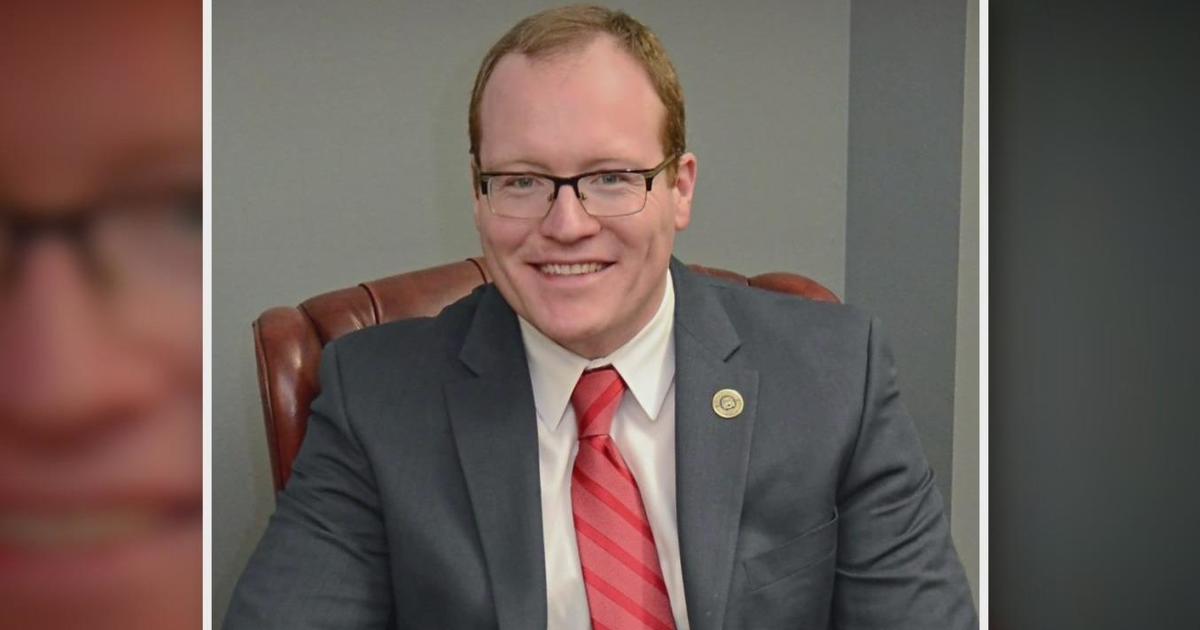Activists Celebrate World Environment Day
CHICAGO (WBBM) -- Sunday is World Environment Day, and two activists, speaking at the Chicago Botanic Gardens, in Glencoe, are providing both warnings and words of optimism.
"In the 20th Century there was a huge race to see who could burn the most fossil fuels fastest, who could build the most cars and then drive them, who could building the biggest buildings -- and the United States won that race," said Rocky Mountain Institute President/CEO Michael Potts. "The new race will probably be about who can create the best lifestyle with the least amount of fossil fuels."
LISTEN: Newsradio 780's Bob Roberts Reports
Podcast
The Wilmette native said he looks at the headlines and sees stories about energy: unrest in the Middle East, the nuclear disaster in Japan, Germany's announcement in the past week that it will shut down its nuclear power plants by 2022, but he said not enough other people see it that way.
"Our problem in the United States is that we're still focused on burning fossil fuels."
Potts said he sees three priorities: getting all forms of transportation, from cars to trucks and trains, off of oil; of building or retrofitting buildings so that they can make maximum use of renewable energy sources, such as wind and solar; and finding more sources of sustainable energy, such as wind or solar farms and hydro-electric power.
The Institute is investing heavily in solutions using non-nuclear renewable energy sources, and provides architects, scientists and engineers both to government and to private contractors. For instance, he said the Institute found sustainable ways for the 80-year-old Empire State Building to cut its power bill by 40 percent.
He said many facets of assuring a sustainable environment are regional in scope. He said hydro-electric power in the Pacific Northwest is both cheap and eco-friendly. In the South, he said, many people want their air conditioners and are not that concerned about how the power is provided.
Potts said, "It takes a lot of convincing" for some people to see a need to focus on renewable sources. Evergreen State College (Olympia, Wash.) forest ecologist Nalini Nadkarni agrees, but uses more unorthodox methods.
Twenty-five years ago, those who studied trees and forest ecosystems did so from the ground up. They knew little about what was happening in the canopy, up top. But tree-climbing had fascinated Nadkarni as a child, and she decided she would find out.
Using newly-developed climbing gear, she found completely different ecosystems -- plants, animals, even snakes -- that live in the treetops of old-growth forests and are essential to keeping the planet viable. And many others have begun climbing behind her.
She has tried to spread the word in unconventional ways, by working with artists, musicians, rappers and even convicts as ways to teach both children and adults. There is also marketing, such as production of outfits for "Treetop Barbie" dolls, complete with outdoor gear and climbing ropes, ably assisted by her friend, "Ground Support Ken."
Nadkarni said, although manufacturer Mattel declined to produce a "Treetop Barbie," activists have purchased more than 400 of the dolls used and have hand-crafted the "Treetop Barbie" and "Ground Support Ken" outfits.
Nadkarni, who was raised by an Indian father and an orthodox Jewish mother, spreads the word on the environment from pulpits of churches, synagogues and other houses of worship.
She recalls one Baptist congregation that seemed especially interested in her message. Elders quickly invited her back.
"They asked me for my e-mail," she recalls. "I said, 'I don't think I'm going to be a Baptist and I really don't want to be on your e-mail bulletin board.' And they said, 'No, no! This is for a tree planting next Saturday, and we thought you, Dr. Nadkarni, would be excited about joining us because we're trying to save God's creation.'"
For Nadkarni, it was a moment of revelation.
"I realized, 'Holy moley. Here's a Baptist church. I would think they would be very conservative and not care, but they're doing more conservation work than my own students are.'"
When the self-styled "Queen of Canopy Conservation" views her dominions from the treetops, she said she is alternately encouraged and worried.
"I see lines going in both directions," she said. "I see this sort of inexorable pumping of carbon dioxide into the air, extinction of biota, over-consumption of materials that are made out of my beloved trees that just doesn't have to happen. But at the same time I see (Botanic Gardens) volunteers running around this garden excited about conservation, research and education."
Both Nadkarni and Potts said they believe awareness of the problems facing the environment in the 21st century is growing.
"And that's the first step toward taking action," Potts said.



